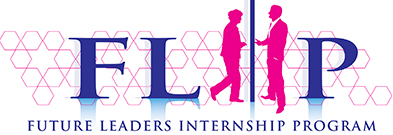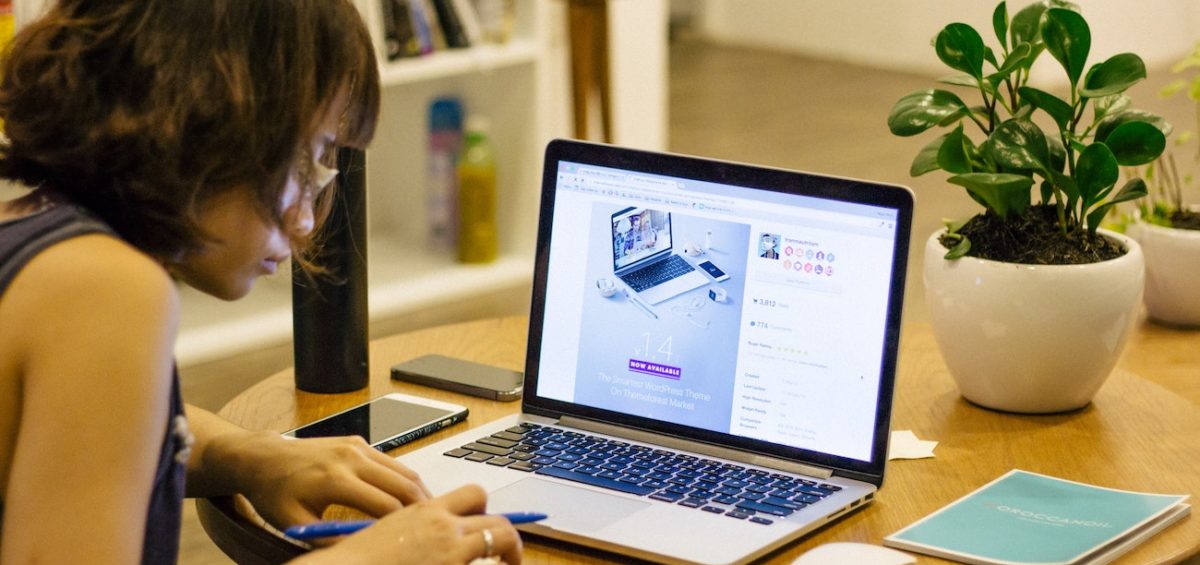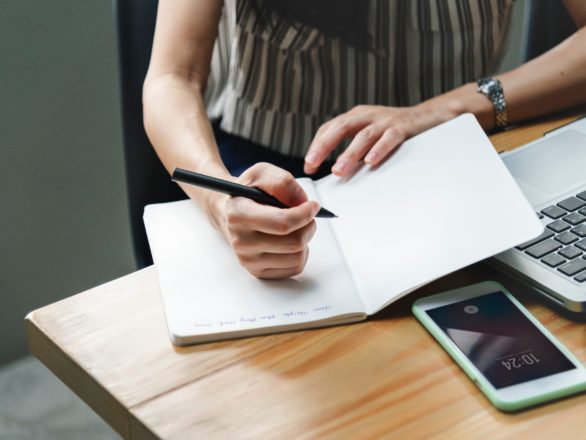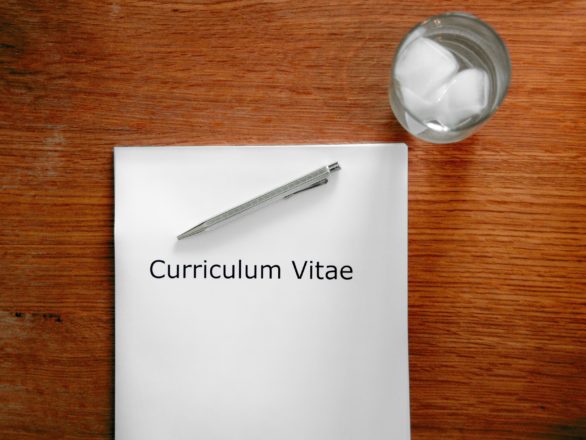When it comes to learning there are several ways to go about it. Some of the common learning styles include repetitive learning, learning from others and also experiential learning. Whilst repetitive or rote learning may be important for imparting technical knowledge, students are best able to absorb and understand the knowledge when they apply them. For example, in school we are taught mathematical formulas. In order to fully understand the formula, we are required to complete exercises where we utilize the formula to derive an answer. This type of learning is a form of experiential learning.
In other words, experiential learning means to learn by doing. Experiential learning immerses the student in an environment that will allow them to apply the (technical) knowledge they have learnt. After that the students are able to reflect on their experiences and from there develop new skills and new ways of thinking.
The best way for students to gain experiential learning is not through traditional methods of doing homework/exercises, completing case studies or even participating in simulations. Instead the way forward for students is through internships. In some ways an internship is similar to a simulation where they are able to go through real life scenarios. In a simulation they are in a safe and controlled environment and when mistakes happen (as they naturally do in the course of learning) there is minor to no repercussions.
The additional benefits of an internship that simulations cannot provide however, is that students are able to work on practical tasks that will allow them to see the fruits of their labour. During the course of their internship, students will be able to carry out tasks that have an impact at their place of work. By applying themselves and completing the tasks assigned to them, they will feel a sense of achievement. This can be a powerful motivator to continue pursuing their career goals.
On top of that after going through an internship program, students can reflect on how they have done and use that experience to also evaluate their current abilities. Once they have unearthed their strengths and areas for development they will be better equipped to plan out their careers.
At FLIP we strongly advocate experiential learning through internships, as even a short stint in a corporate environment can provide tremendous learning opportunities for students. Not only will they get the benefits mentioned above, but an internship can even give them a head start in their careers. This could be from networking, knowing which areas they need to focus on in studies and so on.
We have organized and coordinated several internship sessions for students in the past so you don’t have to just take our word for it. Here are what some of the students had to say about their internship experience: –
Law
“I interned at Raja Darryl & Loh for TWO weeks and got to meet a number of people. I met with other interns, pupils, associates as well as partners and got some great insight and advice on what to expect as a chambering student. I gained lots of exposure and I have a much better grasp on the distinction between litigation and corporate work now. It was a great and unique experience and it has really helped me to firm up my future career prospects. “
-Julia
Accounting & Finance
“I am an A-Level student and I interned with the Accounting & Finance department at Kenneth David & Co. I had a very good and fruitful experience that really forced me to think about what I’m doing and what I will be doing in the future. It is a learning that money can’t buy.”
-Azim Anahar
Bio Medical
“I’m studying Medical Science and I interned at MABIC (Malaysian Biotechnology Information Centre). The experience was very useful to me even though I am only a first-year student. Despite only going through a two week internship I learnt a lot from everyone and found the experience very fruitful.”
– Fatin Anahar





